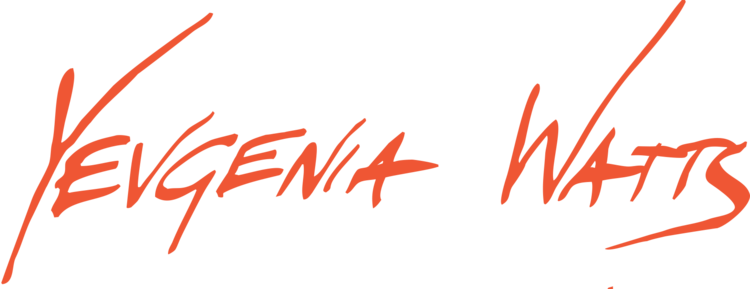Some time last year, I had the pleasure of working on two custom portraits for Laura of http://tinyscissortimes.blogspot.com/. I painted her two sons, adding to her growing collection of family portraits created by different artists. It was fun! She let me choose from several reference photos and we worked together to arrive at paintings that made both of us happy. She is pretty much my perfect client :)
10 x 8" Watercolor on Arches cold press 140lb watercolor paper.
This is one of those portraits. Simon is the older kid and Laura wanted a painting based on one of her favorite photos of him as a toddler. I typically advise for the reference photos to have a strong light and shadow pattern, preferably in natural light and to avoid pictures taken with a flash or those with softer, diffused light, or back light. This just happened to be a backlit photo. If you are a beginning painter, it could make things difficult. The variation of values in the face becomes very subtle and you need a good understanding of facial structure to make it convincing. But it is doable and incidentally, two of my portraits I'm rather fond of have back light:
I do this to get a general feel for the personality and mood of my subject and to give the client an idea of the end result. Sometimes I do more than one sketch, trying out different compositions, crops, colors, value schemes. Once the sketch is approved, I move on to the drawing:
You can barely see anything here because in portraits, I tend to keep the drawing minimal. I don't map out areas of light and shadows and prefer to that with paint. This drawing was made using grid method directly on the watercolor paper.
On to the next step, initial washes:
Very lightly, I mapped out main shadow areas, while leaving most highlights as the white of the paper. From now on, it's building up the layers with the general idea of keeping the color cooler in the shadows and warmer in the lights.
Some more form modeling here. Still keeping the highlights white.
Most of the time, my portrait palette consists of a yellow, a red, and a blue. Sometimes, there is an additional version of each color - a cool red (quinacridone red), a cool yellow (quinacridone gold), a warm yellow (indian or hansa yellow), and a warm blue (french ultramarine or cobalt). In this painting, I also had small areas of phtalo blue (cool blue).
Getting close to done. This image looks a bit pale compared to the previous one because of the different lighting when I took the pictures. I softened some of the edges and signed it. I felt that it was at the stage where it was still lively but not overdone. When I sent it to Laura for approval, however, she wanted a greater level of detail and depth. And so the work continued:
Working with smaller brushes, increasing value contrast (i.e. making dark things darker next to light things, which makes them pop), softening some edges.
And the finished, color-corrected version!
She loved it. :)


